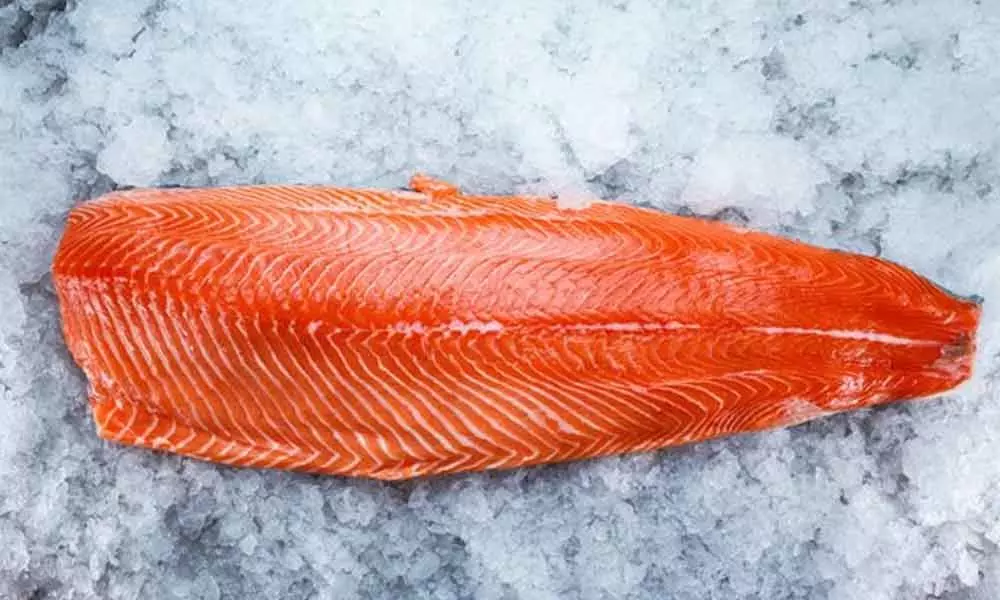Animal that doesn't survive on oxygen discovered

Scientists have discovered an animal that does not need oxygen to produce energy needed for its survival, a finding that changes one of science's assumptions about the animal world.
The tiny, less than 10-celled parasite Henneguya salminicola lives in salmon muscle, according to the finding published on Tuesday in the journal PNAS. As it evolved, the animal, which is a relative of jellyfish and corals, gave up breathing and consuming oxygen - or became anaerobic - to produce energy.
"Aerobic respiration was thought to be ubiquitous in animals, but now we confirmed that this is not the case," said Dorothee Huchon, a professor at Tel Aviv University (TAU) in Israel. "Our discovery shows that evolution can go in strange directions. Aerobic respiration is a major source of energy, and yet we found an animal that gave up this critical pathway," Huchon said. Some other organisms like fungi, amoebas or ciliate lineages in anaerobic environments have lost the ability to breathe over time, the researchers said.
The new study demonstrates that the same can happen to an animal - possibly because the parasite happens to live in an anaerobic environment, they said. The researchers noted that the parasite's anaerobic nature was an accidental discovery. While assembling the Henneguya genome, Huchon found that it did not include a mitochondrial genome.
The mitochondria is the powerhouse of the cell where oxygen is captured to make energy, so its absence indicated that the animal was not breathing oxygen. Until the new discovery, there was debate regarding the possibility that organisms belonging to the animal kingdom could survive in anaerobic environments, the researchers said.
The assumption that all animals are breathing oxygen was based, among other things, on the fact that animals are multicellular, highly developed organisms, which first appeared on the Earth when oxygen levels rose, they said. "It's not yet clear to us how the parasite generates energy," Huchon said. "It may be drawing it from the surrounding fish cells, or it may have a different type of respiration such as oxygen-free breathing, which typically characterises anaerobic non-animal organisms," she said. According to Huchon, the discovery bears enormous significance for evolutionary research. "It is generally thought that during evolution, organisms become more and more complex, and that simple single-celled or few-celled organisms are the ancestors of complex organisms," she said.










